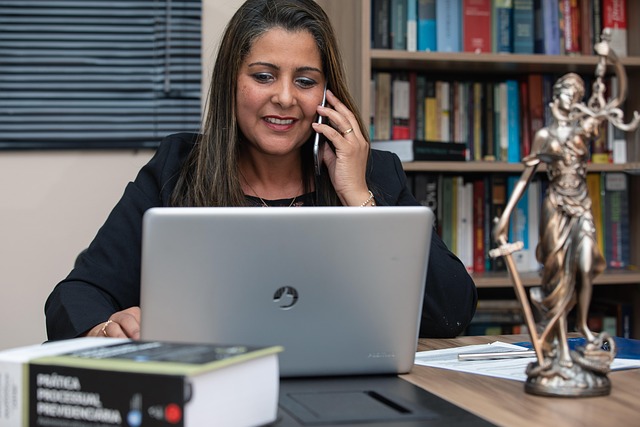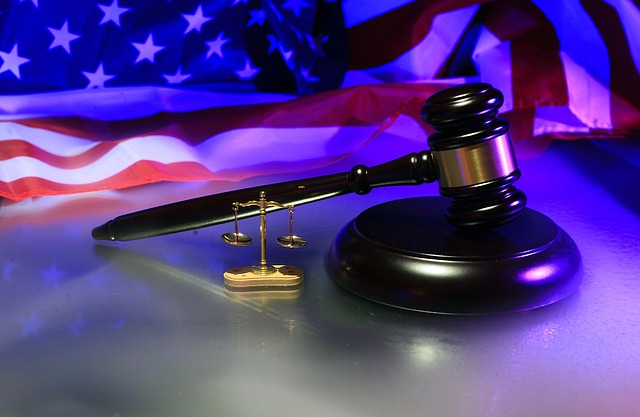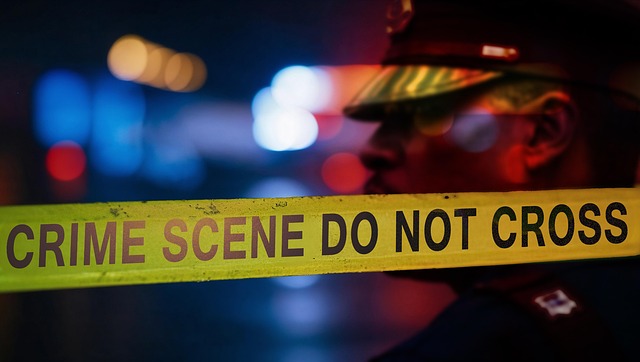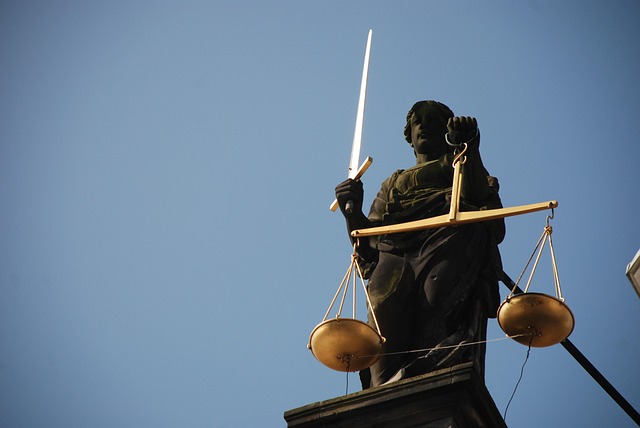Criminal defense attorneys employ strategic techniques, such as thorough cross-examination and questioning of witness motivations, to challenge credibility in high-stakes cases. By revealing inconsistencies and biases, they aim to cast doubt on testimonies and protect clients from unfounded accusations. Expert witnesses are a powerful tool for complex cases, providing insights that contest prosecution narratives. Ethical strategies, including rigorous cross-examination and preparation with contradictory evidence, enhance the defendant's position while upholding justice.
“Criminal Defense Attorneys: Navigating Complex Witness Testimony with Proven Strategies. In the world of criminal law, understanding witness credibility is a cornerstone for defense attorneys. This article delves into effective techniques to challenge testimony, unveiling inconsistencies and biases. From cross-examination mastery to leveraging expert witnesses, professionals discreditate opponents ethically and competently. Discover best practices for contests of witness credibility—essential strategies in today’s legal landscape to ensure just outcomes.”
- Understanding Witness Credibility: The Cornerstone of Criminal Defense
- Common Techniques to Challenge Witness Testimony Effectively
- The Art of Cross-Examination: Unraveling Inconsistencies and Biases
- Utilizing Expert Witnesses and Their Role in Discrediting Opponents
- Ethical Considerations and Best Practices for Challenging Credibility
Understanding Witness Credibility: The Cornerstone of Criminal Defense
Understanding Witness credibility is a cornerstone of effective criminal defense. Lawyers must scrutinize every aspect of a witness’s testimony to identify inconsistencies or potential biases. By employing strategies to contest witness credibility in trials, attorneys can challenge the reliability of evidence presented against their clients. This involves meticulous cross-examination techniques, uncovering prior statements that contradict the current testimony, and highlighting any incentives or pressures that might influence a witness’s account.
For his clients’ benefit, successful criminal defense attorneys use these methods to cast doubt on witness testimonies, aiming for a complete dismissal of all charges if the evidence is deemed untrustworthy. This is particularly crucial in high-stakes cases where the difference between conviction and acquittal can hinge on the credibility of a single witness.
Common Techniques to Challenge Witness Testimony Effectively
In high-stakes cases across the country, Criminal Defense Attorneys employ various strategies to contest witness credibility in trials. One common technique is thorough cross-examination, where attorneys meticulously question witnesses about inconsistencies in their statements or prior testimonies. This method aims to undermine the reliability of the witness’s recollection and perception. By revealing contradictions or gaps in their accounts, defense lawyers can cast doubt on the overall truthfulness of the testimony.
Another effective strategy involves challenging the witness’s motivation and bias. Attorneys may probe into personal relationships, financial interests, or any potential reasons that could influence their testimonies. For example, if a witness has a history of cooperation with the prosecution in exchange for leniency, this information can be used to question their impartiality. Presenting alternative explanations or evidence that contradicts the witness’s claims further strengthens the defense strategy, making it crucial for attorneys to remain agile and adaptable during the trial.
The Art of Cross-Examination: Unraveling Inconsistencies and Biases
The art of cross-examination is a cornerstone skill for Criminal Defense Attorneys, serving as a powerful tool to challenge witness testimonies and expose potential inconsistencies or biases. Through meticulous questioning, lawyers can unravel seemingly solid evidence, transforming it into doubt. This strategic approach involves employing various techniques to contest witness credibility, ensuring that every element of the prosecution’s case is scrutinized. By delving into the nuances of a witness’s background, personal experiences, and motivation, defense attorneys can reveal biases or influences that may have skewed their recollection of events.
Effective cross-examination strategies go beyond mere questioning; they demand a deep understanding of human behavior and the ability to adapt one’s approach based on the unique dynamics of each case. An attorney must be adept at guiding witnesses through a maze of questions, aiming to uncover contradictions or weaknesses in their statements. This meticulous process is key to achieving extraordinary results, as it can significantly shift the narrative and present an unprecedented track record of successful defenses.
Utilizing Expert Witnesses and Their Role in Discrediting Opponents
In criminal defense, one of the most powerful tools at an attorney’s disposal is the strategic use of expert witnesses. These specialists can provide invaluable insights and testimony that may sway the jury’s perception during high-stakes trials, particularly in complex cases involving white-collar and economic crimes. By presenting credible experts, defense attorneys can challenge the opponent’s narrative and raise doubts about witness credibility. This approach often involves intricate strategies to contest the reliability of evidence and testimonies, ultimately aiming to protect both corporate and individual clients from unfounded accusations.
Expert witnesses play a pivotal role in uncovering hidden complexities and exposing inconsistencies in prosecution cases. Defense teams employ these professionals to dissect technical aspects, explain legal nuances, and present alternative explanations for allegedly incriminating evidence. This not only strengthens the defense’s argument but also demonstrates a thorough understanding of the subject matter, leaving a lasting impression on the jury. Such tactics are particularly effective in jury trials, where clear and compelling strategies to challenge witness credibility can significantly influence the outcome.
Ethical Considerations and Best Practices for Challenging Credibility
When challenging witness credibility in trials, Criminal Defense Attorneys employ a multitude of strategies to ensure a fair and just outcome for their clients. One of the primary ethical considerations is maintaining integrity and upholding the truth. Attorneys must present evidence and arguments based on facts, not personal biases or speculative claims. This includes cross-examining witnesses rigorously but respectfully, aiming to expose inconsistencies, biases, or inaccuracies in their testimony.
Effective best practices involve meticulous preparation, where attorneys thoroughly review witness statements, conduct background checks, and gather contradictory evidence. By presenting compelling alternative explanations or prior inconsistent statements, defense counsel can successfully cast doubt on the credibility of prosecution witnesses. This approach, when combined with an unprecedented track record of achieving extraordinary results in general criminal defense cases, strengthens the defendant’s position and showcases the attorney’s proficiency and dedication to justice.
Criminal defense attorneys play a pivotal role in navigating the complex landscape of witness credibility, which is essential to ensuring justice. By employing strategic techniques outlined in this article, such as thorough cross-examination and expert witness utilization, lawyers can effectively challenge testimony, expose inconsistencies, and protect their client’s rights. Understanding ethical considerations and best practices further strengthens their ability to contest witness credibility in trials, ultimately fostering a fair and impartial legal system. These strategies empower attorneys to defend their clients with resilience and integrity, leaving no stone unturned in the pursuit of justice.






